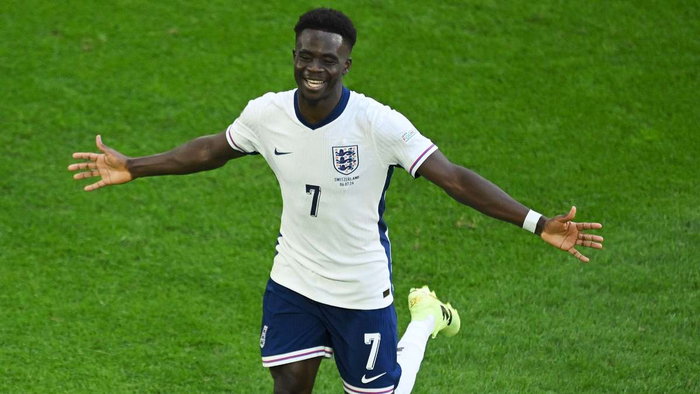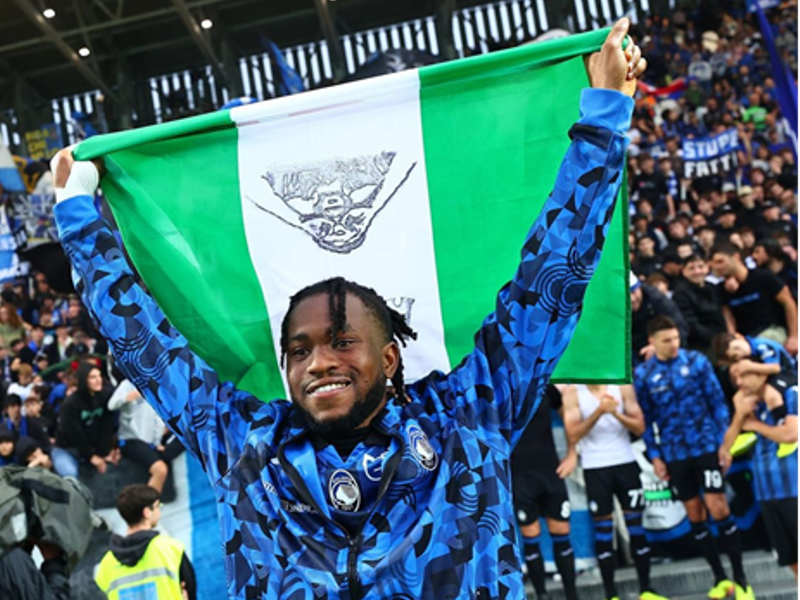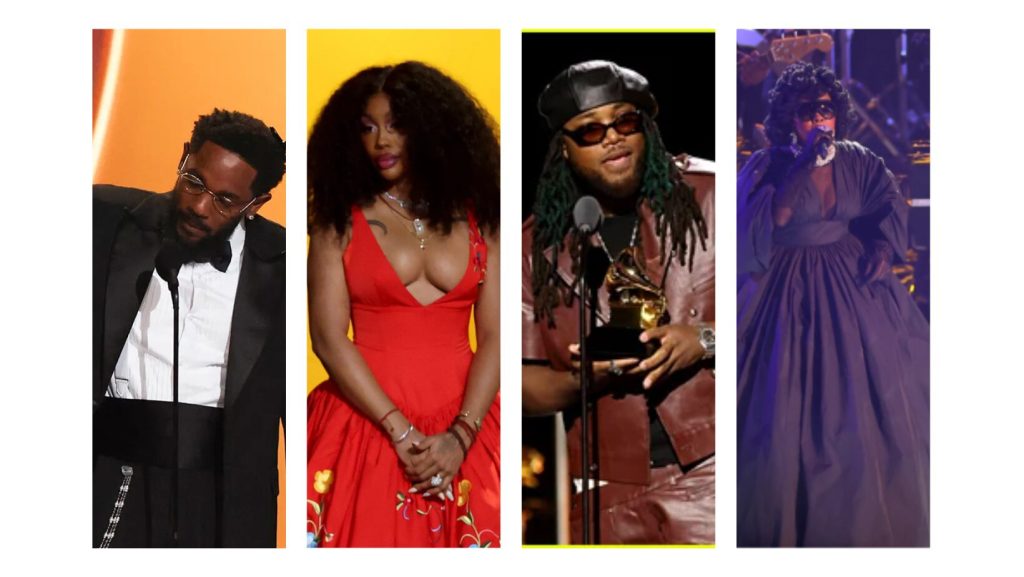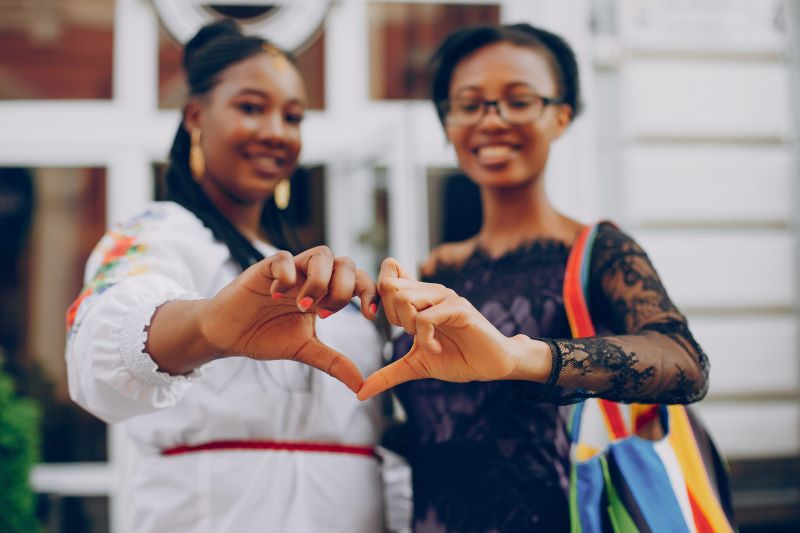Source: Instagram | Ademola Lookman
It is no longer hard to miss but there is a growing racism that is no longer confined to the sporting arena or amidst the cacophony of voices from an ignorant and uninformed fan base. No, racism seems to be taking root in the reportage of sporting events whereby efforts are made to either downplay the contributions of Black sports athletes or villainize them as contributors to a team’s failure.
This was blatantly evident in the Sky Sports post-match congratulatory graphic display of Atalanta’s success at the U.E.F.A Europa League win where Ademola Lookman, the Nigerian forward not only became the first player to score a hat-trick in the Europa League final, but his contributions on that night gave the Italian club their second trophy in their 117-year history.
Surprisingly, the scorer of the hat-trick was conveniently left out in the Sky Sports graphics, while his white counterparts became the face of Atalanta’s success at that historic final. As expected, this open racism sparked outrage amongst football fans and viewers alike.
As a player for Atalanta, Ademola Lookman had made some outstanding efforts all through last season. His skill, inventiveness, and clinical finishing have driven Atalanta’s successful European campaign. Lookman was a man who always stepped up to the plate in crucial games, scoring important goals and dishing out vital assists.
His skill on the field led to him being named the “2023–24 Atalanta B.C. Player of the Season”, a title he successfully defended the year before, demonstrating his consistent quality and indispensable role to the squad.
Tainting his impact with bigotry and a lack of respect comes across as both distasteful and despicable.
Sadly, the realities of racial discrimination in sports have long left the stands where unruly supporters and clubs are sanctioned and have crept their way into sports reporting.
Despite several campaigns against racism by various sports governing bodies, the issue still rears its head in one subtle form or the other.
Now it seems to be taking root through media reportage. Another scenario where this was evident was during England’s humiliating defeat to Iceland at its Euro 2024 match build-up.

Source: Arsenal
English media outfits like The Sun, The Daily Star, a player ratings piece by The Telegraph, and a live blog presentation on the BBC website all featured the picture of Bukayo Saka with not-so-generous headlines made to look as the face of England’s defeat despite the player coming from the bench during the 65th minute, long after the Iceland Team had scored the winning goal.
While governing bodies like UEFA in its safety and regulations guidelines (Annex B – European Football United Against Racism Resolution – Article 45.05a and Annex C – Guidelines for Match Officials in cases of Racist Behavior in Football Stadiums – Article 45.05b) provide measures aimed at kicking racism out of football, rarely are measures in place amongst media institutions (beyond the usual public outcry) to deal with this menace.
As expected, strong criticisms from the likes of Sir Lewis Hamilton, Ian Wright, and many others came down heavily on the English media and Sky Sports over the racist display.
But will that ever be enough?
Many other examples of prejudiced reporting exist within the global sporting arena. Black Athletes who despite their success in various sporting endeavors, have had to deal with the same racist experience as Ademola Lookman’s own.
Despite the continued campaign by sporting bodies like FIFA, UEFA, the International Olympic Committee (IOC), and many others, racism continues to rear its ugly head in one form or another.
While the campaign continues, extending the same to various media institutions covering these sporting events and finding ways to deal with the challenge of racism in media reporting would go a long way to eradicate such prejudices from the game we all love.
In the meantime, we celebrate the likes of Ademola Lookman and the many Black athletes over the years whose accomplishments have been a thing of pride and have continued to inspire many generations of young Black men and women to pursue their dreams and achieve excellence in the world of sports.

Immanuel Burns Johnson is a young and dedicated social media personnel. He was born, raised and schooled in Lagos, Nigeria. His hobbies include traveling, sports, political criticism and mobile games like C.O.D.M. Apart from these; he is also interested in skydiving and aeronautics. He is skilled in web coding and has a trait of hard work. This has helped him become successful in his field at a young age.





